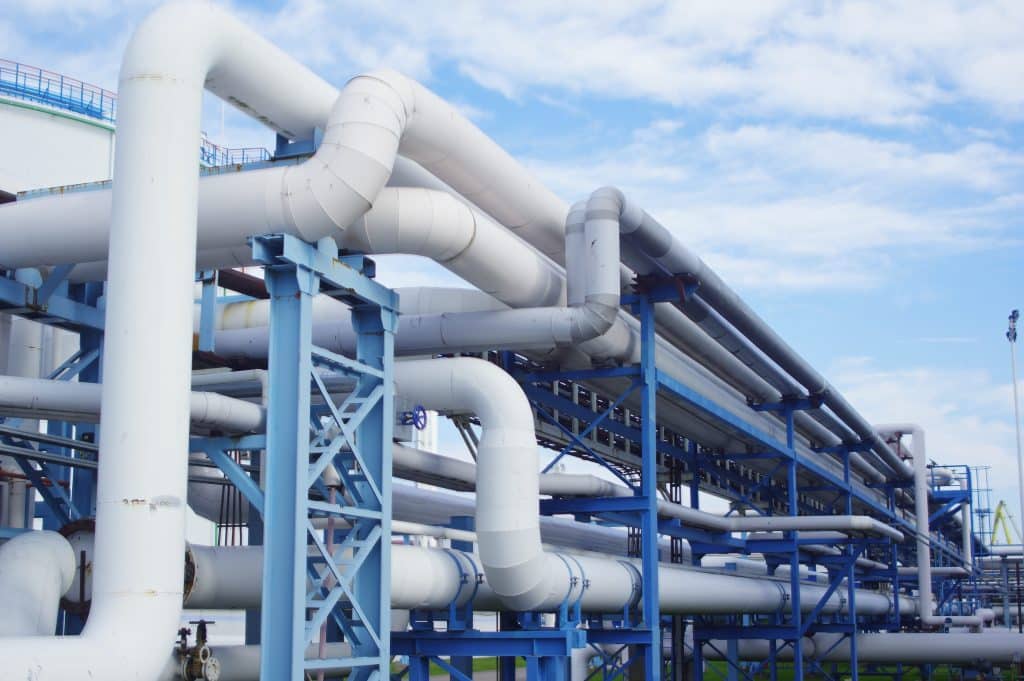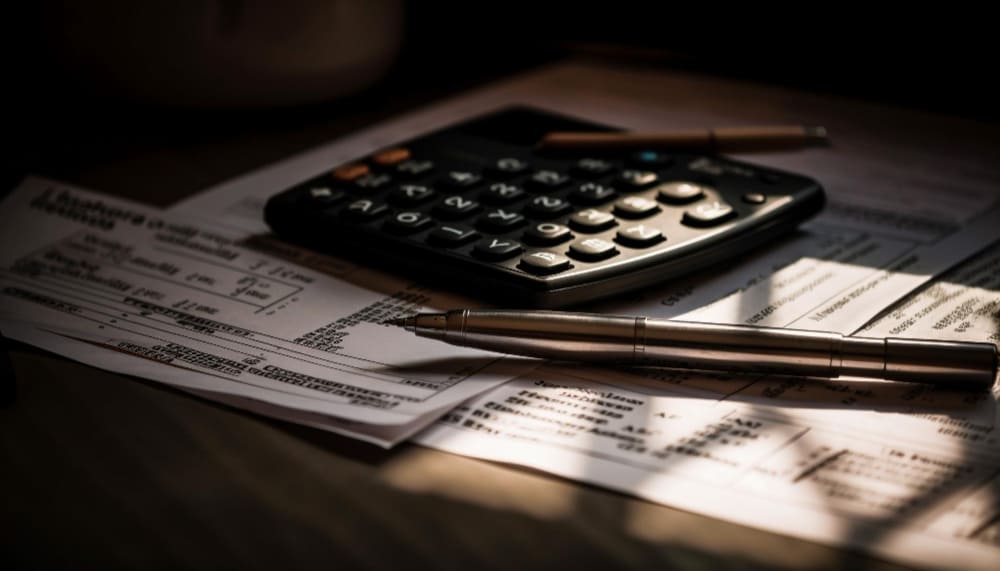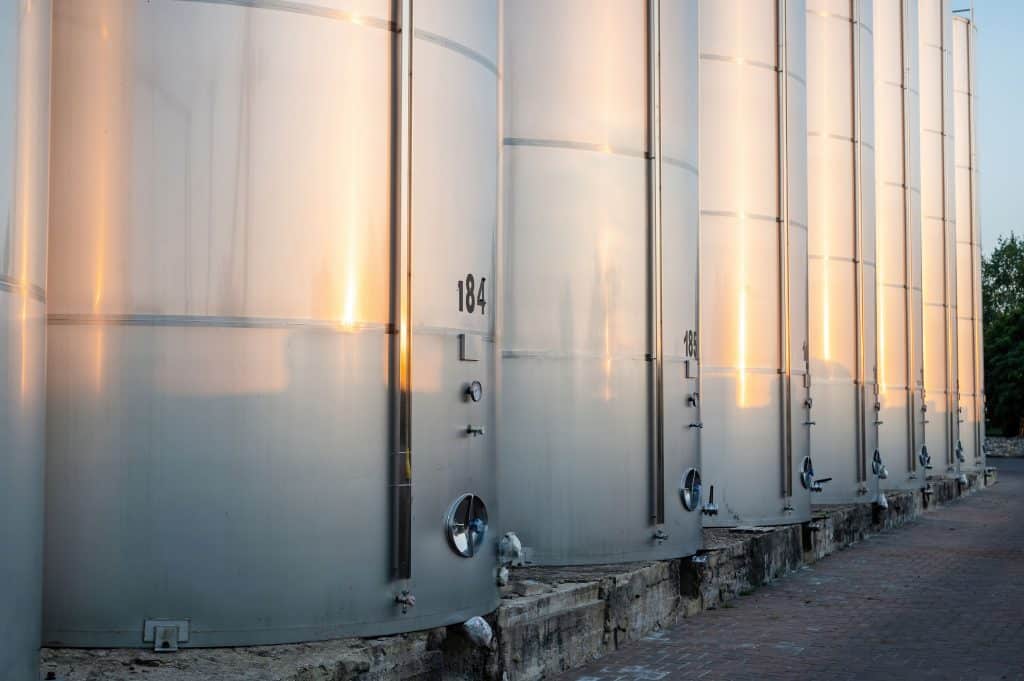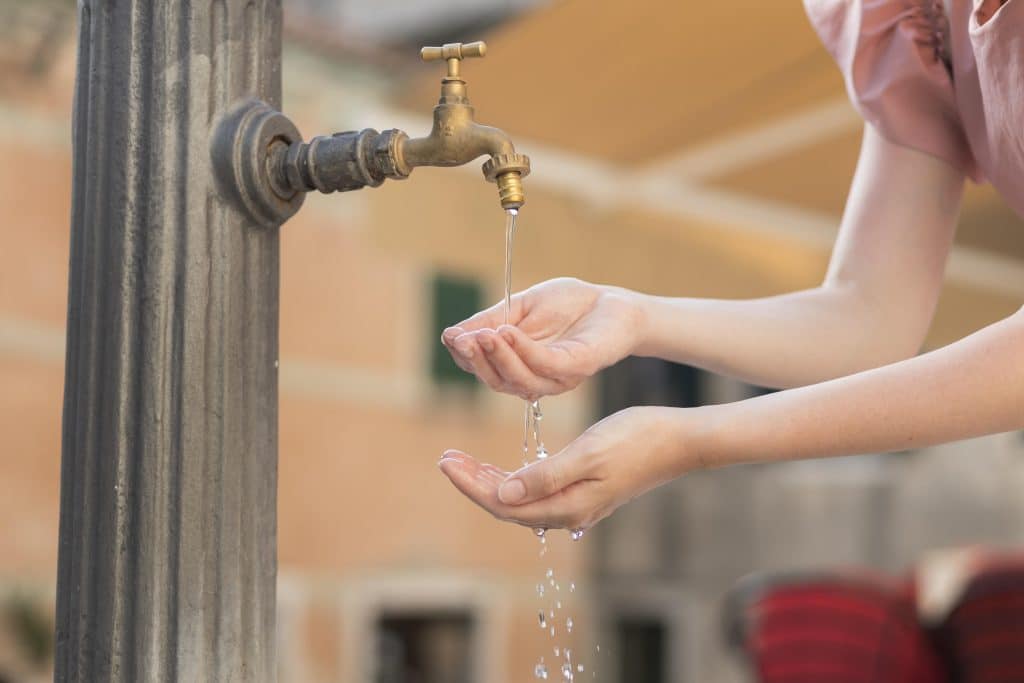Securing a reliable water supply in Germany is essential. Germany is renowned for its high-quality water infrastructure, but navigating the process of obtaining a water supply connection can take time and effort for newcomers.
In this comprehensive guide, we will take you through the steps involved in getting your water supply connection in Germany, covering everything from understanding the water system to the legal requirements and practical steps to ensure you have clean, safe, and accessible water.
Understanding the Water System in Germany

Before delving into the process of obtaining a water supply connection, it’s vital to understand the water system in Germany:
- Public Water Supply: Most urban and rural areas in Germany are serviced by public water supply systems. These systems are highly regulated and ensure that tap water meets strict quality standards.
- Private Wells: In some rural areas, private wells are the primary water source. If your property relies on a private well, you are responsible for its maintenance and water quality.
- Water Quality: German tap water is known for its exceptional quality. It undergoes rigorous testing to ensure it’s safe for consumption. Generally, tap water in Germany is safe to drink without additional filtration.
Water supply costs are often covered by the supplementary fees (Nebenkosten) that tenants or building owners must pay when renting a room or an apartment. Your monthly or yearly payments may change depending on your consumption and quarterly or yearly metre readings.
If your landlord does not control your water supply or you have purchased a home, you must contact the neighbourhood water supply business to open an account. You will want certain personal information, a German bank account, and the water meter number to pay your bills.
Water supply companies in Germany
Germany’s many federal states (Bundesländer) and municipalities are home to hundreds of water corporations. The firm that provides your water supply in Germany depends on where you reside. The following is a list of some of the biggest businesses.
- Berliner Wasserbetriebe – Berlin
- Hamburg Wasser – Hamburg
- Mainova AG – Frankfurt
- RheinEnergie – Cologne
- Stadtwerke Düsseldorf AG – Düsseldorf
- Stadtwerke München GmbH – Munich
Water Costs in Germany

Some German towns are pretty pricey when comparing the cost of one cubic metre of water (1,000 litres). For instance, in Stuttgart, you would pay about 4.70 euros.
You may have to pay 2.80 euros in Berlin for the same amount of water.
As you can see, location significantly impacts how much water costs in Germany.
The “Nebenkosten” or supplementary charges typically include water bills in rental agreements. In Germany, water is a requirement for all household utilities.
Depending on the sort of residence you live in, it’s the sum you must pay either to the building’s owner or the landlord.
Steps to Get Your Water Supply Connection in Germany
Determine Responsibility
The first step is determining if you are responsible for arranging your water supply connection. In most rental agreements and housing associations, water supply is included. Homeowners are typically responsible for their water supply.
Research Water Providers
Identify the water utility company or provider in your area. This information can be obtained from your landlord, housing association, or local authorities.
Legal Requirements
Check local regulations and building codes to ensure compliance with specific water system requirements in your area.
Contact the Provider
Reach out to your local water provider or utility company. Inquire about their services, fees, and the connection process. Ensure you understand the terms and conditions of service.
Connection Installation

Once you’ve chosen a water provider, schedule the installation of your water supply connection. This may involve connecting to the municipal water system or drilling a well if you’re in a rural area.
Permits and Approvals
Obtain all necessary permits and approvals from local authorities. Compliance with local building and health codes is crucial for your water supply system’s safe and legal installation.
Water Meter Installation
A water meter will usually be installed to measure your water usage accurately. Ensure it is correctly installed and adequately maintained.
Payment and Billing
Set up a payment plan with your water provider. Billing methods can vary, but monthly, quarterly, or annual billing is common.
Water Quality Testing
Consider testing your tap water periodically to ensure it meets quality standards, especially if you have concerns about your water source or distribution system.
Maintenance and Repairs
Regularly maintain your water supply system to prevent leaks and ensure clean water. Contact your water provider or a qualified plumber for repairs if issues arise.
Water Quality Testing
Regularly test your tap water for quality to meet health and safety standards.
Emergency Contacts
Keep a list of emergency contacts for your water utility company and local authorities in case of water supply disruptions or quality concerns.
Also Read: How to Get Your Heating in Germany?
Address change and water provider notification
You must inform both your old and new water suppliers if you have an account with your water provider (i.e., the water is not controlled by your landlord) and are moving to a new address. You may accomplish this online. Transferring your current account to your new residence is typically impossible because a different water provider services each area in Germany.
Is tap water safe to drink in Germany?

Tap water is safe to drink here.
Even though every region has its water source, you can be confident that it is always of the highest possible quality. And it won’t in any way be harmful to your health.
Since they learned to conserve it as children, many Germans prefer to drink pure tap water.
There is unsafe tap water in several European nations. Only cooking or showering with it after briefly boiling it is advised.
What is the cost of sewage in Germany?
In Germany, sewage water costs are included in the cost of tap water.
According to a DESTATIS report, the average price for wastewater in Germany is 2.50 Euros per cubic metre.
Of course, the only water that qualifies as sewage water is the quantity you don’t drink or use for your plants or grass.
Simply put, the amount of water drains from your home will be measured in m3, and you will be paid according to the data on your meter.
Conclusion
Your water supply connection in Germany is essential for a comfortable and healthy living environment. Following this comprehensive guide, you can navigate the process effectively, ensuring access to clean, safe, and reliable water.
Always consult with local authorities and professionals for specific location and property type guidance. With a well-established water supply system, Germany ensures that residents have access to high-quality water, contributing to their overall well-being and quality of life.




